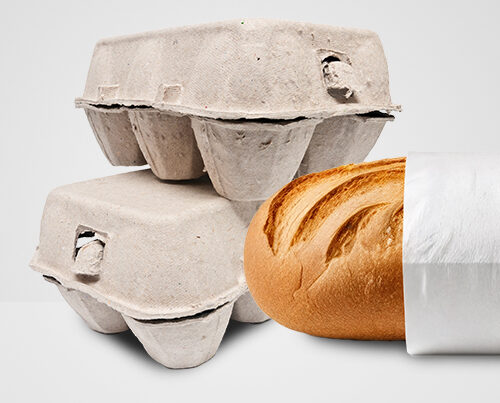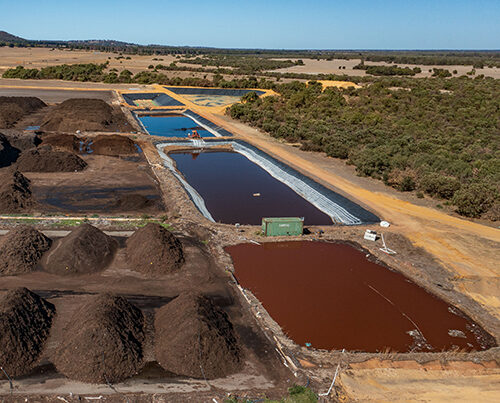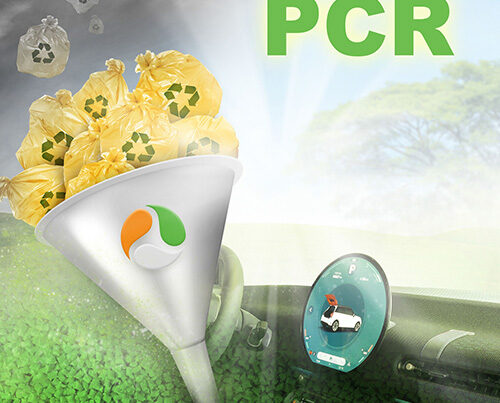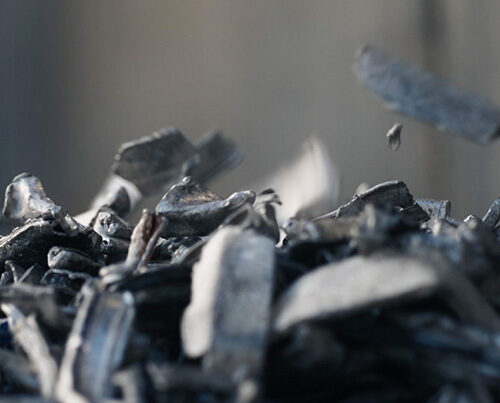The huge efforts currently being made to rapidly reduce our dependency on Russian gas should also take the potential of biogas into account: politicians, local authorities and local residents can work together with the waste management sector right now to make the most of the reserves of organic waste collected in kitchen and garden waste bins.
We will only be able to wean the country off Russian gas by 2024 if we really do use every option available to us. This means that politicians must remove the red tape surrounding gas network connections. And municipal waste management businesses must set themselves much more ambitious targets when it comes to collecting organic waste. They must finally provide all the households in their regions with organic waste bins and convince their local residents of the advantages of collecting such materials separately. Everyone can do their bit here to help ensure there is a secure and stable supply of energy.

The volumes of kitchen and garden waste collected between 2014 and 2020 grew by a mere 10%.
Despite its ambitious goals, Germany still lies far behind the legal requirements in this particular area: the volumes of kitchen and garden waste collected between 2014 and 2020 grew by a mere 10%. Too much of this valuable organic material is still not being recycled here. A large amount of this biomass continues to end up at waste incineration plants – where the opportunity to make the most of its potential to improve climate and energy footprints literally disappears in a puff of smoke.
As part of an industry initiative, REMONDIS stated all the way back in 2014 that it was possible and realistic to double the amount of organic and garden waste being collected. And we have done our homework: REMONDIS’ subsidiary RETERRA already operates several biogas plants that not only generate electricity and heat from waste but feed gas into the gas network as well.
Wirtschaftsbetriebe Kreis Coesfeld, the district of Coesfeld’s waste management business, demonstrates just how well and how efficiently such facilities can work. REMONDIS delivers up to 600 tonnes of biomass to its production plant in Coesfeld-Höven every day, where an anaerobic digester processes it into over 20 million kilowatt hours a year. An efficient supply of heat and power for 1,400 households and not only an alternative to Russian gas but also an important step towards making the energy sector less dependent on others.
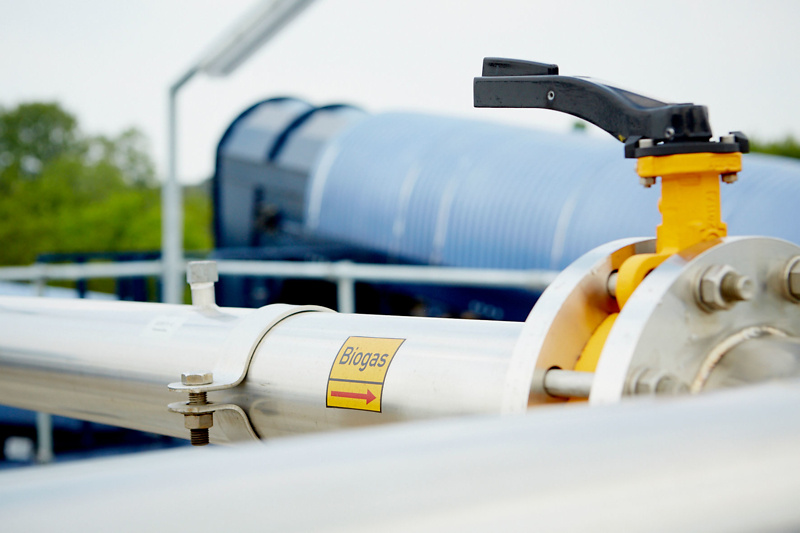
Getting down to the details, REMONDIS believes that action must be taken in the following areas:
The gaps in the kerbside collection of organic waste must be closed.
If 39% of the country’s biogenic material still ends up in residual waste bins – the figure quoted by the UBA [Federal Environment Agency] – then there are still too many things going wrong with waste collections. What is important here is to collect this material from local residents’ homes, i.e. to supply them with kitchen and garden waste bins, as well as to make people aware of how to use them correctly to reduce the volumes of outthrow.
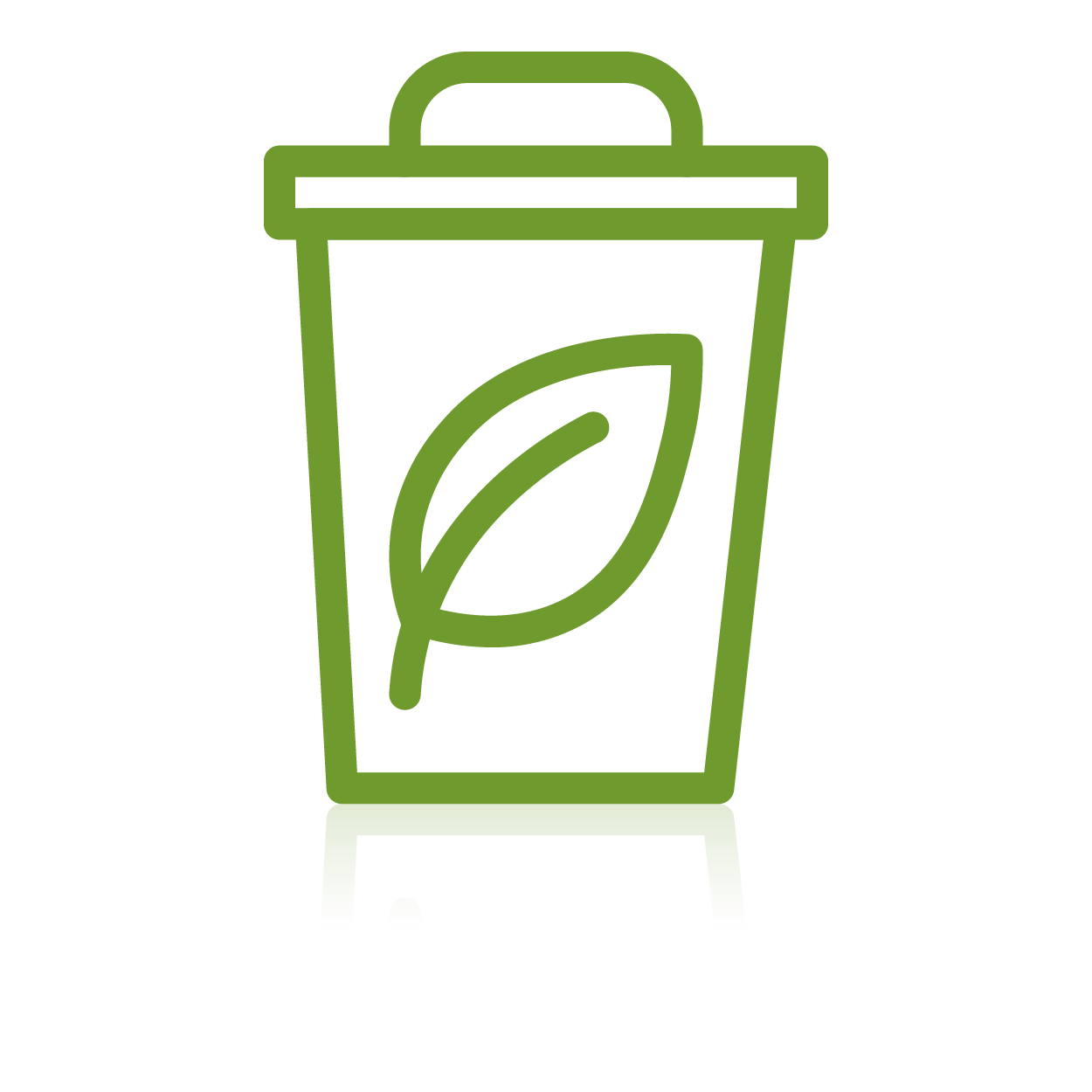
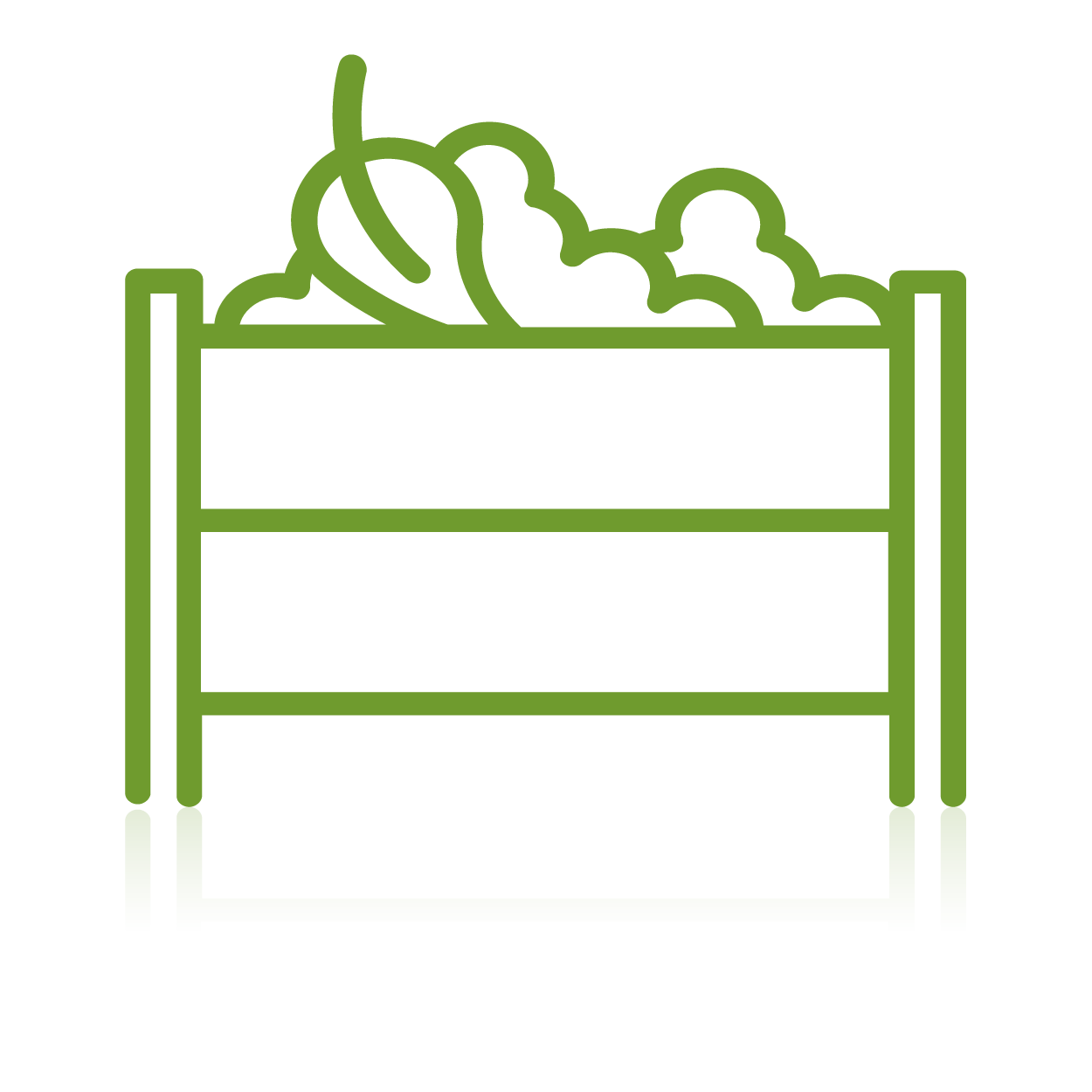
Anaerobic digestion of organic and garden waste must become the norm.
At the moment, around 60% of the organic waste collected in Germany is used solely to make compost which means the most is not being made of its energy recovery potential. Its climate footprint is not as good either when it is simply used to produce compost. What’s more, rather than using the biomethane produced to generate electricity, it should, in the future, be fed into the gas network instead.
Finally, a new political framework must be set up for biogas as a source of energy.
Up to now, it has been and continues to be a long-drawn-out process to connect a new biogas plant to the gas network – a process that takes between three and five years in most cases. Local gas network operators should significantly speed up the individual stages required to set up new gas connections. This is the only way to make more of this potential offered by organic waste. At the moment, household organic waste makes up just 6% of all energy produced from biomass, even though – unlike crops grown specifically for energy applications – there is no better or more sensible use for this material.
In this interview, RETERRA managing director Aloys Oechtering discusses REMONDIS’ experiences with biogas, the potential of this source of energy and the company’s future plans.
RETERRA has several composting plants across Germany.
Oechtering: We run both composting and anaerobic digestion plants – some as part of public private partnerships and some just by ourselves. We have been operating in this field of business for over 30 years now. The technology being used is mature technology, which means, with the right plants in place, much more biomethane could be fed into the gas network than is currently the case.
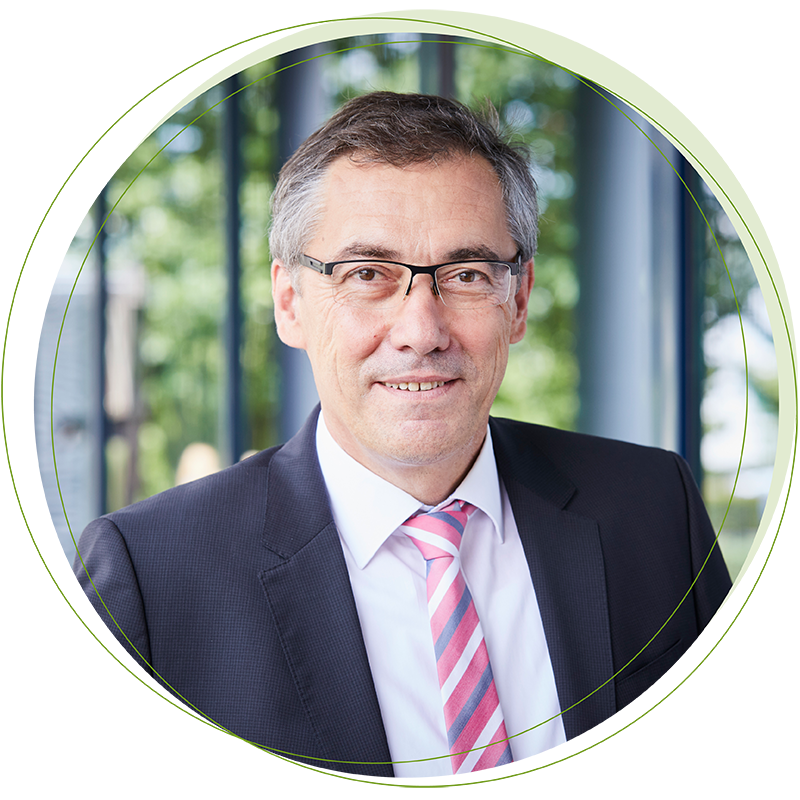
But then that means that the other systems they are currently connected to – such as combined heat and power plants and district heat systems – could no longer be used, doesn’t it?
Oechtering: What is needed here it to make better use of the organic waste that is available, to further improve its climate footprint and to ensure further volumes find their way into the circular economy.
So the technology is not the reason why progress is not being made in Germany when it comes to generating biogas from waste?
Oechtering: Opposition has indeed come from other quarters over the last few decades. On the one hand, we have always been considered to be the same as operators of biogas plants that use renewable raw materials, or rather as their “little brother”. It’s true that being seen as part of something bigger has had its advantages. Having said that though we have got caught up in the discussions about generating energy from food crops – something that has nothing to do with us as our biogas comes from waste.
And then there are the problems of getting connected to the gas network?
Oechtering: Yes, this, too, can be put down to past discussions. Until just recently we had primarily generated electricity. What’s needed in Europe now, however, is gas. We could play a much bigger role supplying this market and energy efficiency levels would be significantly better. Unfortunately, though, the gas network operators have some long-drawn-out regulations in many areas when it comes to setting up new gas connections. I do hope though that a number of obstacles have been able to be removed from the heads of the energy providers and network operators regarding this particular matter. It should become easier to get political support when it comes to simplifying and removing red tape from this process.
Is it actually possible for the waste management sector to rapidly increase the amount of gas it can supply?
Oechtering: Currently, around 60% of the organic waste collected in Germany is used exclusively to make compost. There is no downstream use of this material in anaerobic digesters. So it’s not a question of magic to equip composting facilities with anaerobic digestion plants but, of course, it can’t be done in just a few months either. What’s clear to me, though, is that if the country fails to expand this network it won’t be down to plant capacities.
So what is the problem then?
Oechtering: Up to now, too many local authorities have been unwilling to increase their collections of kitchen and garden waste. In some cases this has been because they are reluctant to take this ‘feedstock’ away from their own waste incineration plants. The differences in the collection rates between the various regions are already quite striking. And this cannot simply be put down to the differences in population structure – the reason most often quoted by those responsible.
Your solution?
Oechtering: We have to make it as simple as possible for local residents to collect their organic and garden waste separately. This means bringing the collections to them, to their homes. At the end of the day, we are service providers and this shouldn’t fail because of the logistics. If public sector waste management companies are able to organise kerbside collections of residual waste, then it is quite astonishing that they expect their local residents to take their organic waste to household recycling centres. I believe there is still great potential here.
Which is why we should all be beating the drum for biogas sourced from organic waste to ensure it becomes a fixed part of our energy security.
Composting and anaerobic digestion plants operated by REMONDIS and RETERRA
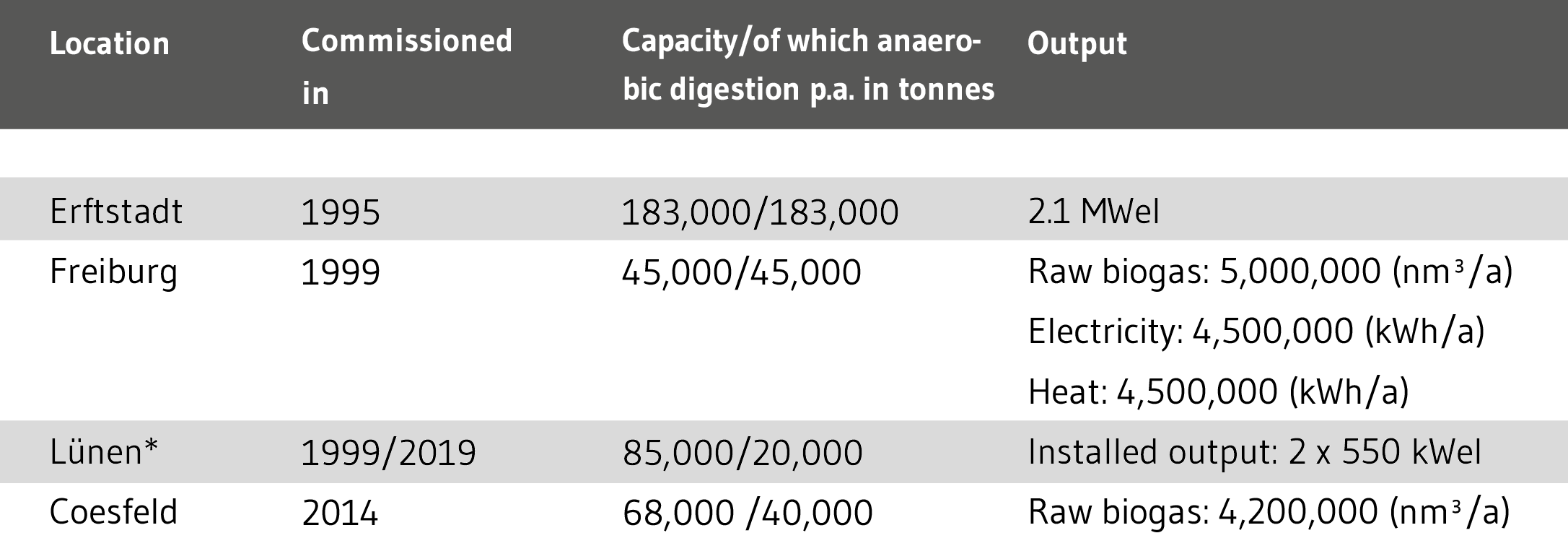
* Public private partnership (PPP) with GWA, the District of Unna’s recycling and waste management business
Some more information about biogas:
We spoke to Prof. Matthias Franke about the potential of biogenic residual and waste materials. He took a look ahead – at the path the transport sector might take in the future.
https://en.remondis-aktuell.de/service/biogas-is-a-very-flexible-fuel/
Biogas can also be used to fuel vehicles and REMONDIS is leading the way here. For several years now, it has been collaborating with manufacturers to develop and successfully test logistics vehicles and collection trucks for a variety of uses.
https://en.remondis-aktuell.de/service/in-the-alternative-fast-lane/
https://en.remondis-aktuell.de/service/the-staffs-new-favorite/
Image credit: image 1: Adobe Stock: Li Ding







